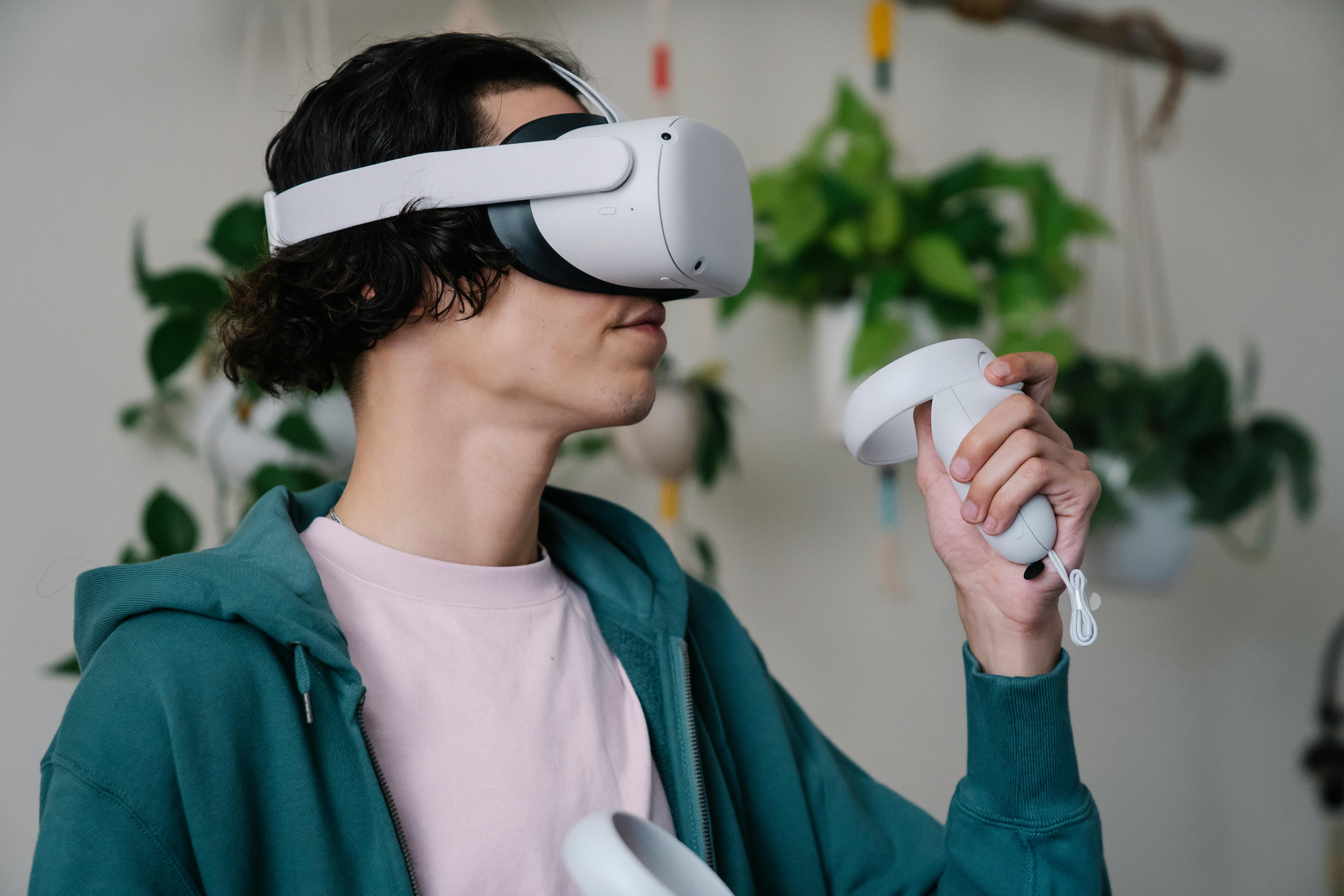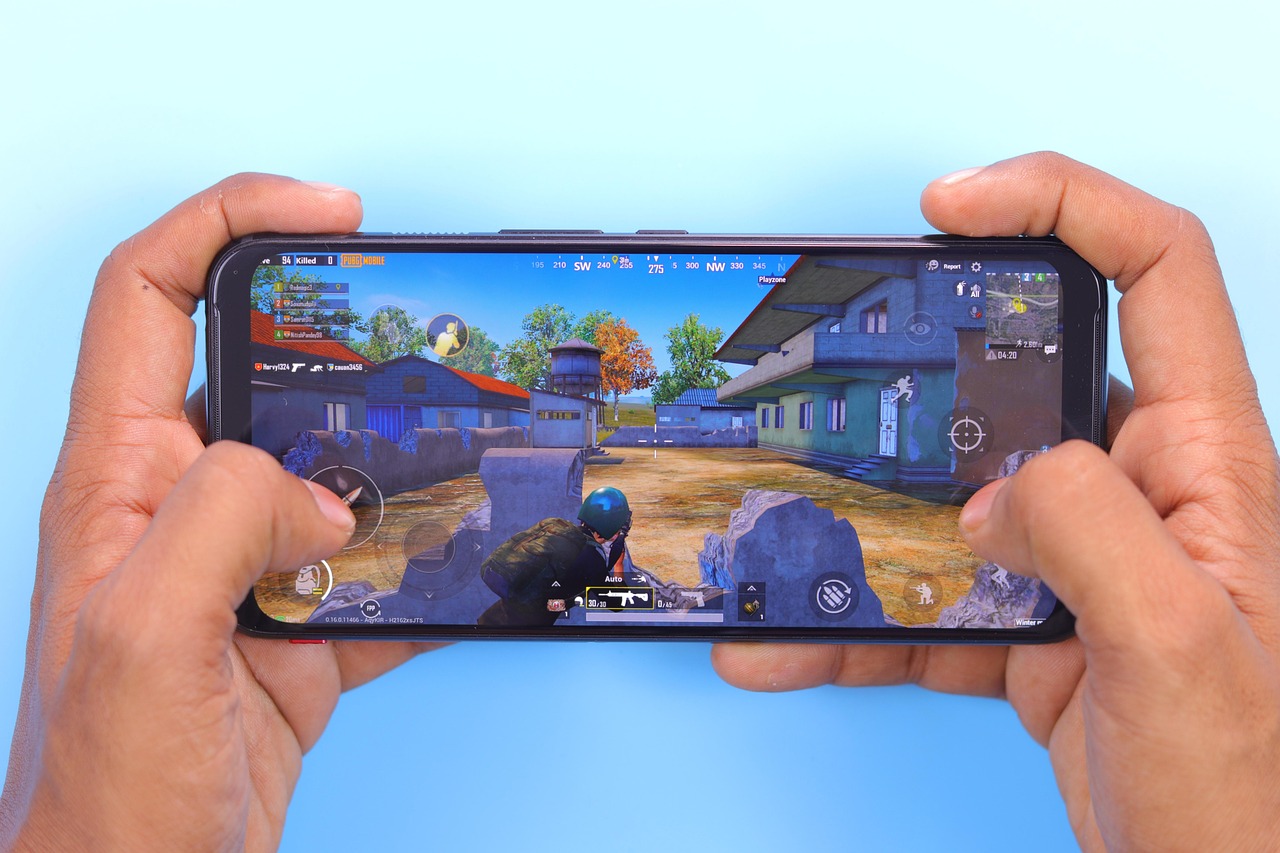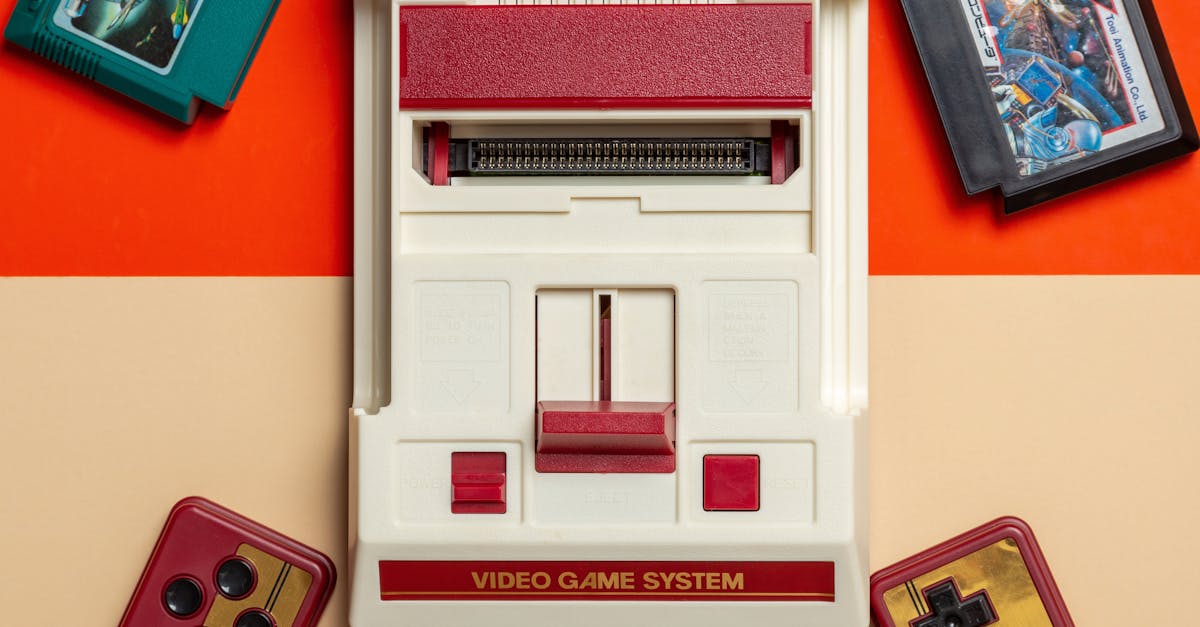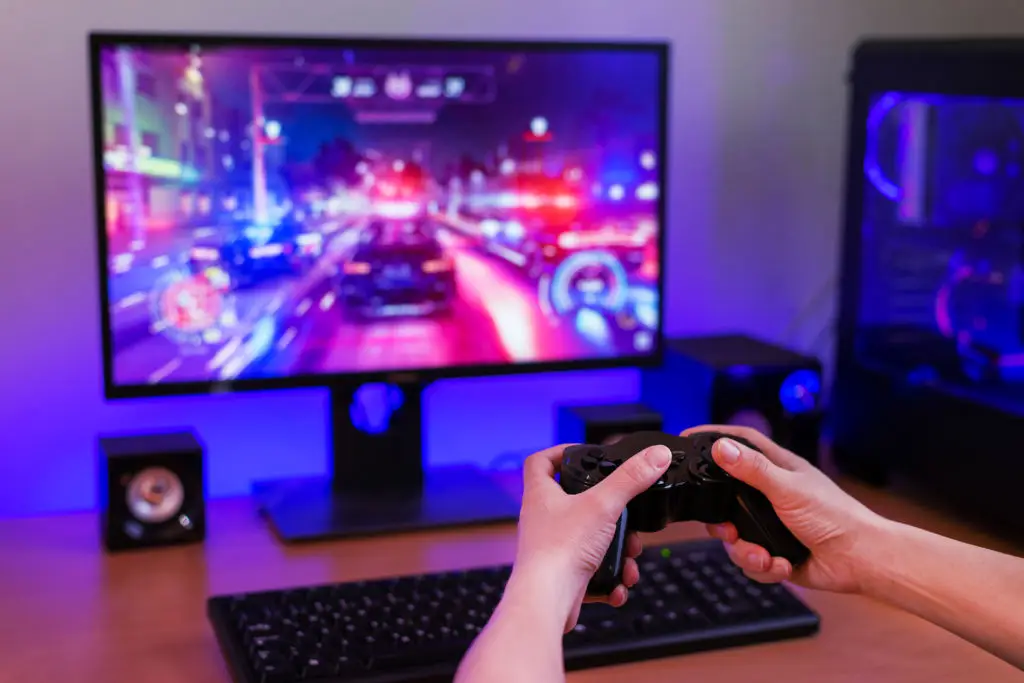In today’s fast-paced gaming landscape, having a PC that can keep up isn’t just a luxury—it’s a necessity. Whether you’re diving into massive open worlds or battling it out in high-stakes arenas, your rig needs to deliver smooth performance, stunning visuals, and rock-solid reliability. But with countless options on the market, all claiming to be “gaming-ready,” how do you separate the hype from the hardware that actually matters? If you’re feeling overwhelmed by spec sheets and sales pitches, you’re not alone. This guide cuts through the noise with 7 simple, no-nonsense clues to help you spot a true gaming-ready PC. Whether you’re a seasoned pro or just starting out, these tips will help you zero in on the features that make a real difference—so you can game harder, smoother, and smarter. Let’s find the machine that’s built for your next adventure.
1. The Power of the Graphics Card
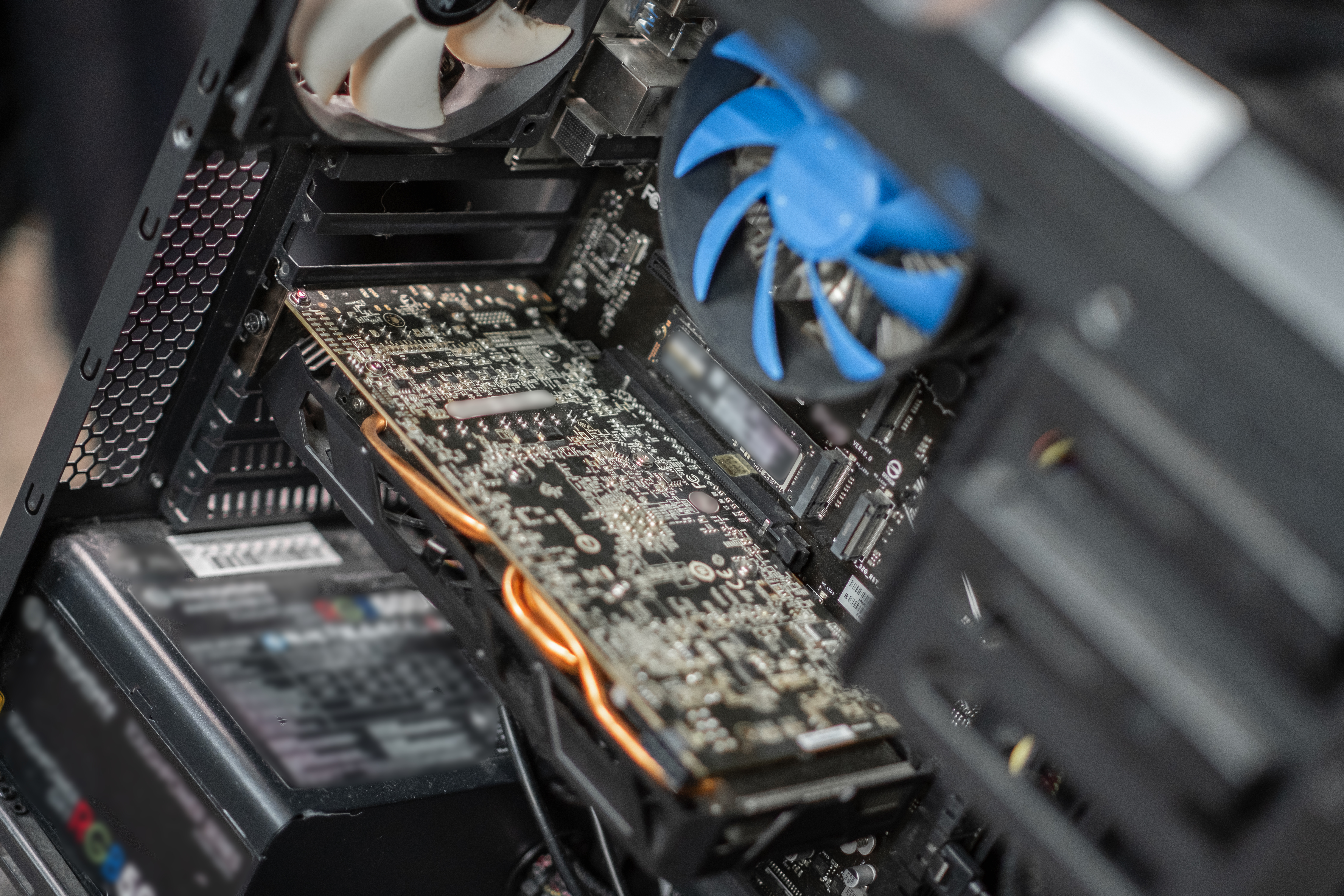
A gaming-ready PC's heart lies in its graphics card. The GPU (Graphics Processing Unit) is arguably the most critical component, as it directly influences the quality and performance of your gaming experience. Look for dedicated graphics cards from reputable brands like NVIDIA or AMD, as these are designed to handle the high demands of modern games. Pay attention to the model number; higher numbers generally indicate more power and efficiency. Additionally, check for VRAM (Video RAM) capacity, as more VRAM allows for better handling of textures and higher resolutions. A robust GPU ensures that your games run smoothly, with stunning visuals that bring your virtual worlds to life.
2. CPU: The Brain Behind the Brawn
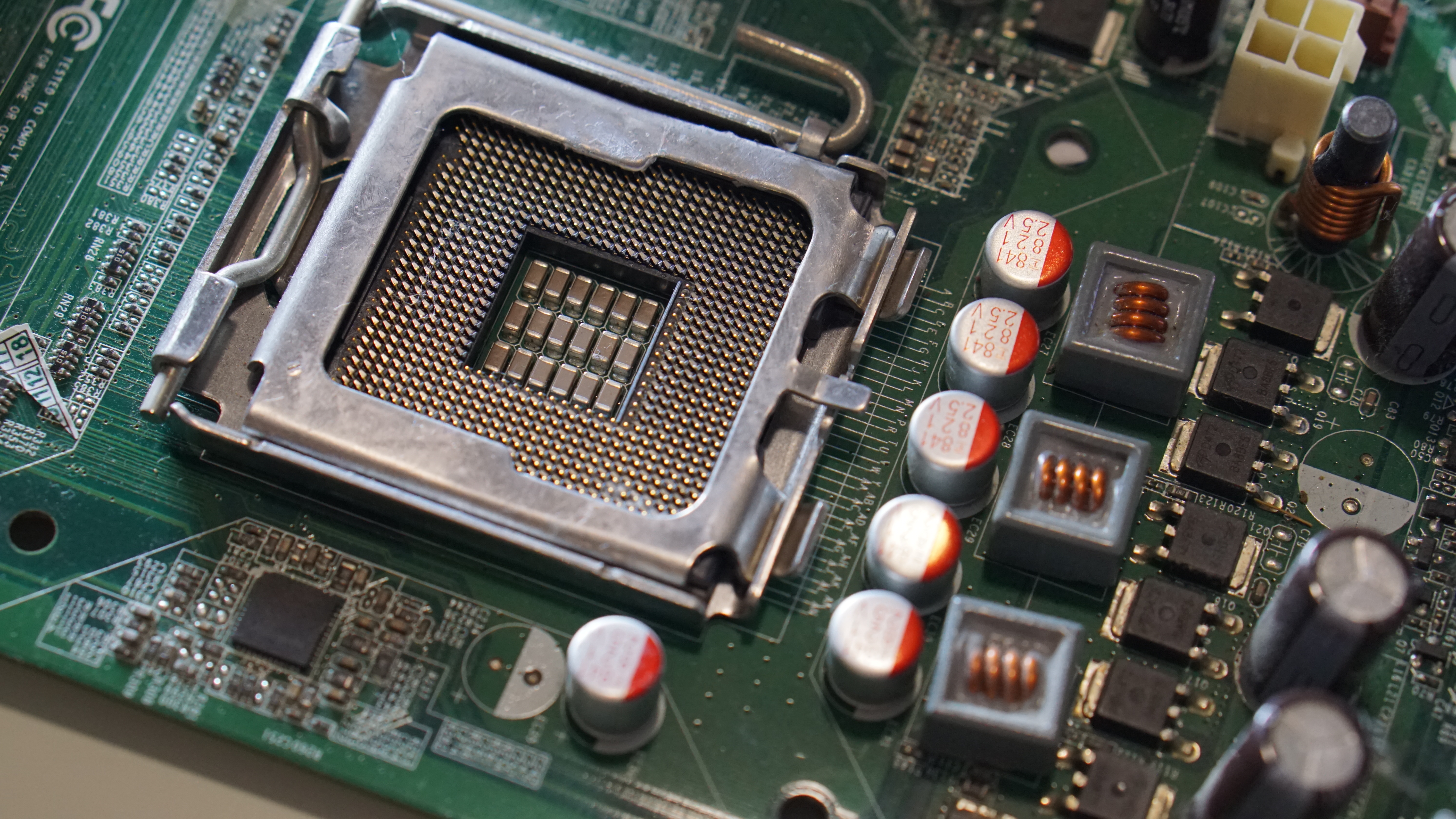
While the GPU handles graphics, the CPU (Central Processing Unit) is equally important in a gaming-ready PC. The CPU acts as the brain, processing instructions and managing tasks. Look for multi-core processors, as games today are optimized to take advantage of multiple cores for better performance. Brands like Intel and AMD offer powerful options, with models like Intel’s Core i5 and i7 or AMD’s Ryzen 5 and 7 being popular choices. A strong CPU ensures that your system can handle not only gaming but also multitasking, such as streaming or running background applications, without compromising performance.
3. RAM: The Unsung Hero
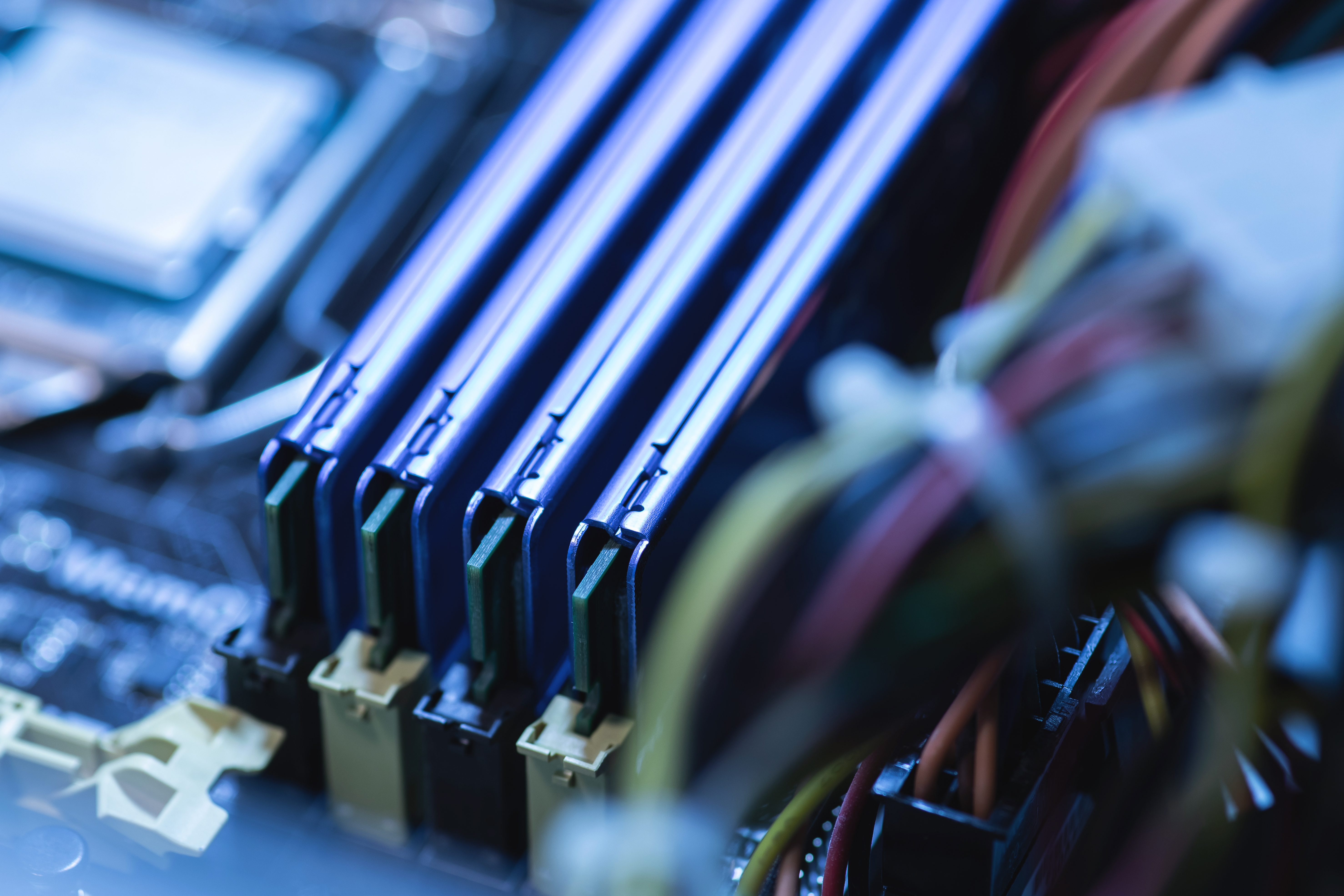
Random Access Memory (RAM) is another crucial component that often goes unnoticed. RAM plays a significant role in determining how smoothly a game runs, especially when multitasking. For a gaming-ready PC, 16GB of RAM is generally recommended, although 8GB can suffice for less demanding games. More RAM allows for better management of game data and faster loading times, reducing the risk of lag or stutter during gameplay. Additionally, ensure the RAM is of a high-speed variety, like DDR4, to maximize performance. Adequate RAM ensures that your gaming experience remains fluid, even as you switch between applications or tabs.
4. Storage Solutions: SSD vs. HDD
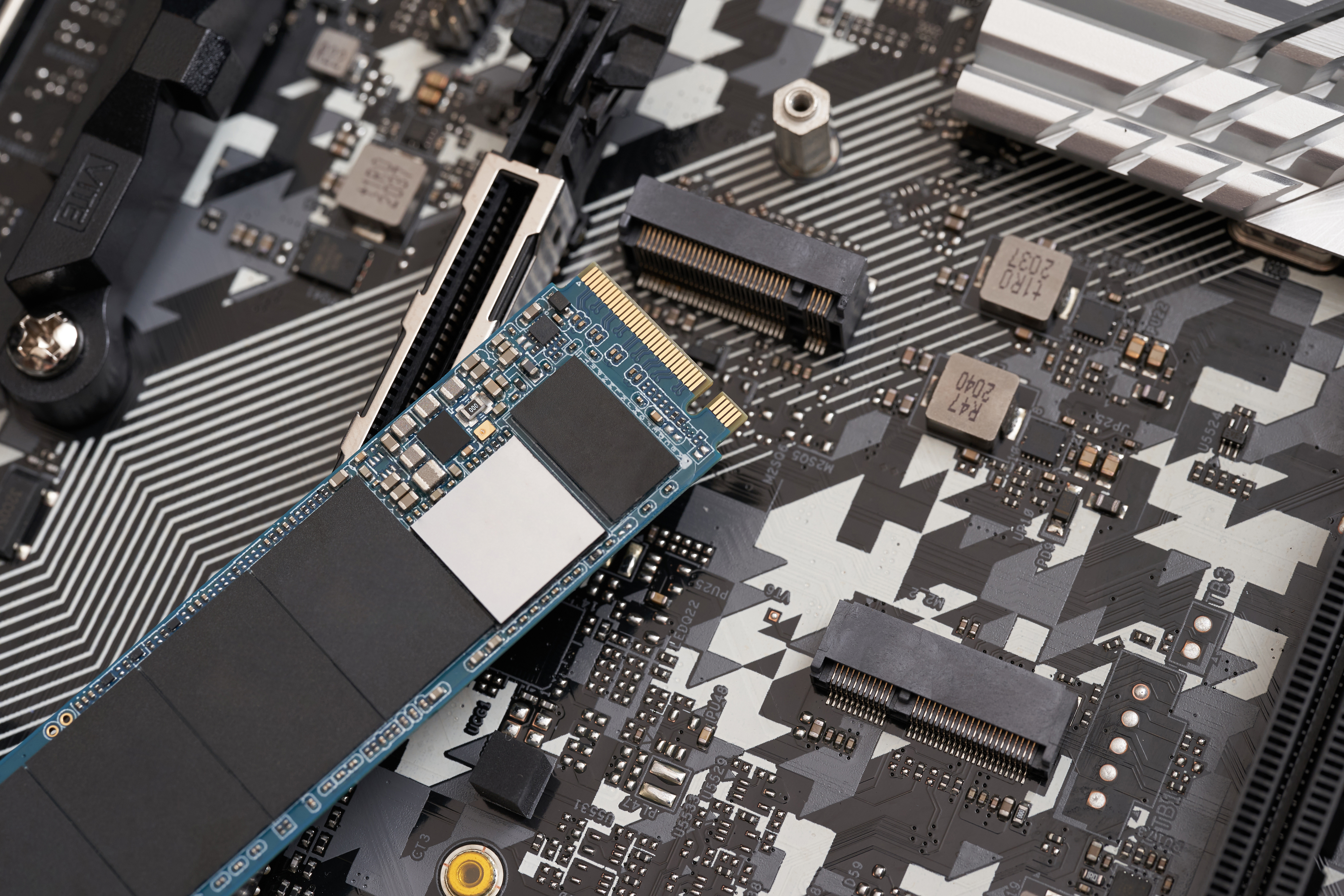
Storage type and capacity are vital in a gaming PC. Solid State Drives (SSDs) have become the preferred choice over traditional Hard Disk Drives (HDDs) due to their speed and reliability. An SSD significantly reduces boot and load times, allowing games and applications to start almost instantaneously. While SSDs are more expensive per gigabyte than HDDs, the performance boost is worth the investment. Ideally, a combination of both—an SSD for the operating system and frequently played games, and an HDD for additional storage—provides the best of both worlds. This setup ensures your gaming system is both fast and spacious.
5. Resolution and Refresh Rates
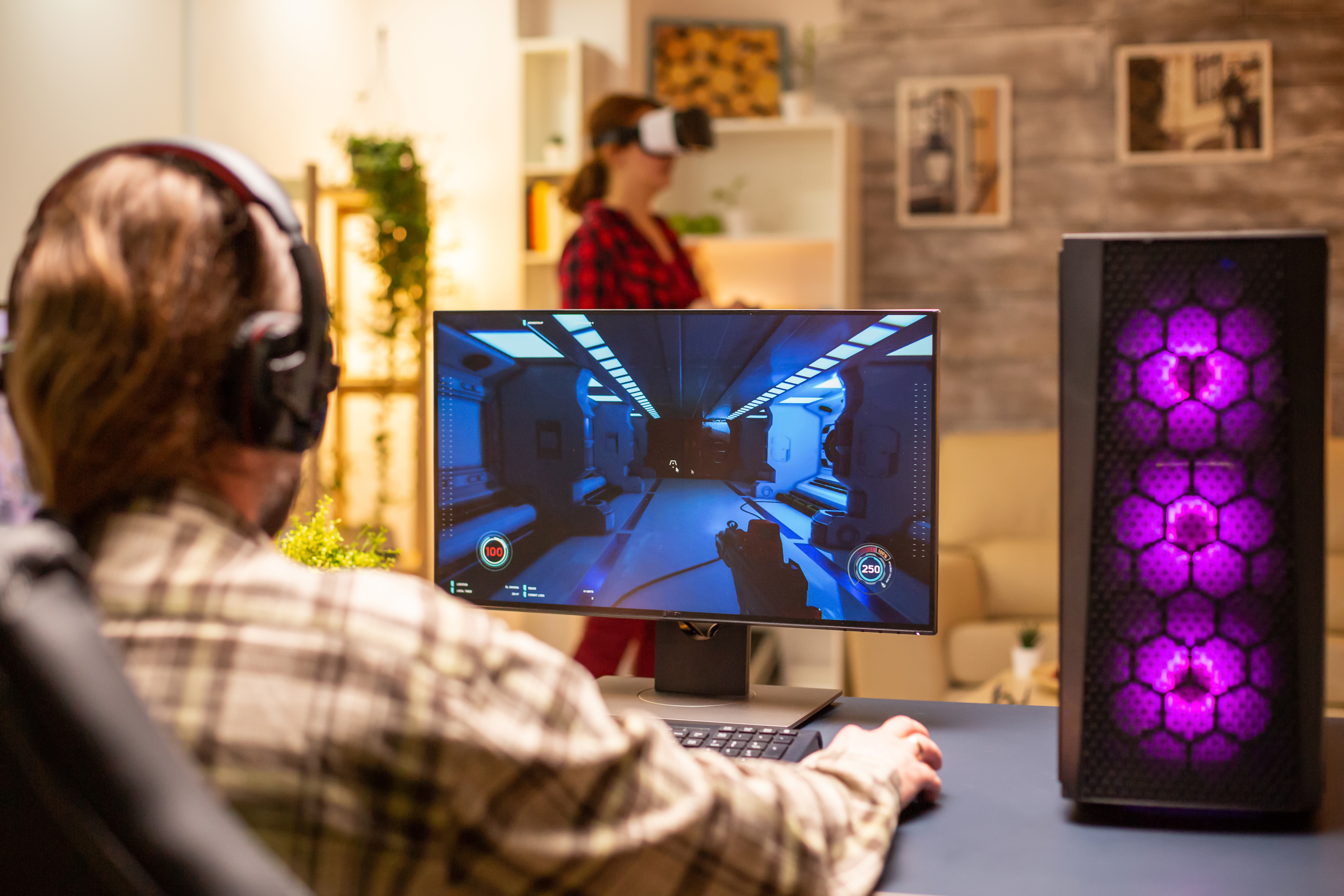
The monitor is often overlooked, yet it plays a crucial role in a gaming-ready setup. A good gaming PC should be paired with a monitor that supports high resolutions, such as 1080p or 4K, depending on your GPU's capability. Additionally, refresh rates are essential; a higher refresh rate, such as 144Hz, provides smoother gameplay, especially in fast-paced games. Ensure your PC’s graphics card can support your monitor’s resolution and refresh rate to fully utilize its potential. This synergy between PC and monitor guarantees an immersive gaming experience, with crisp visuals and seamless motion.
6. Cooling Systems: Keeping It Cool
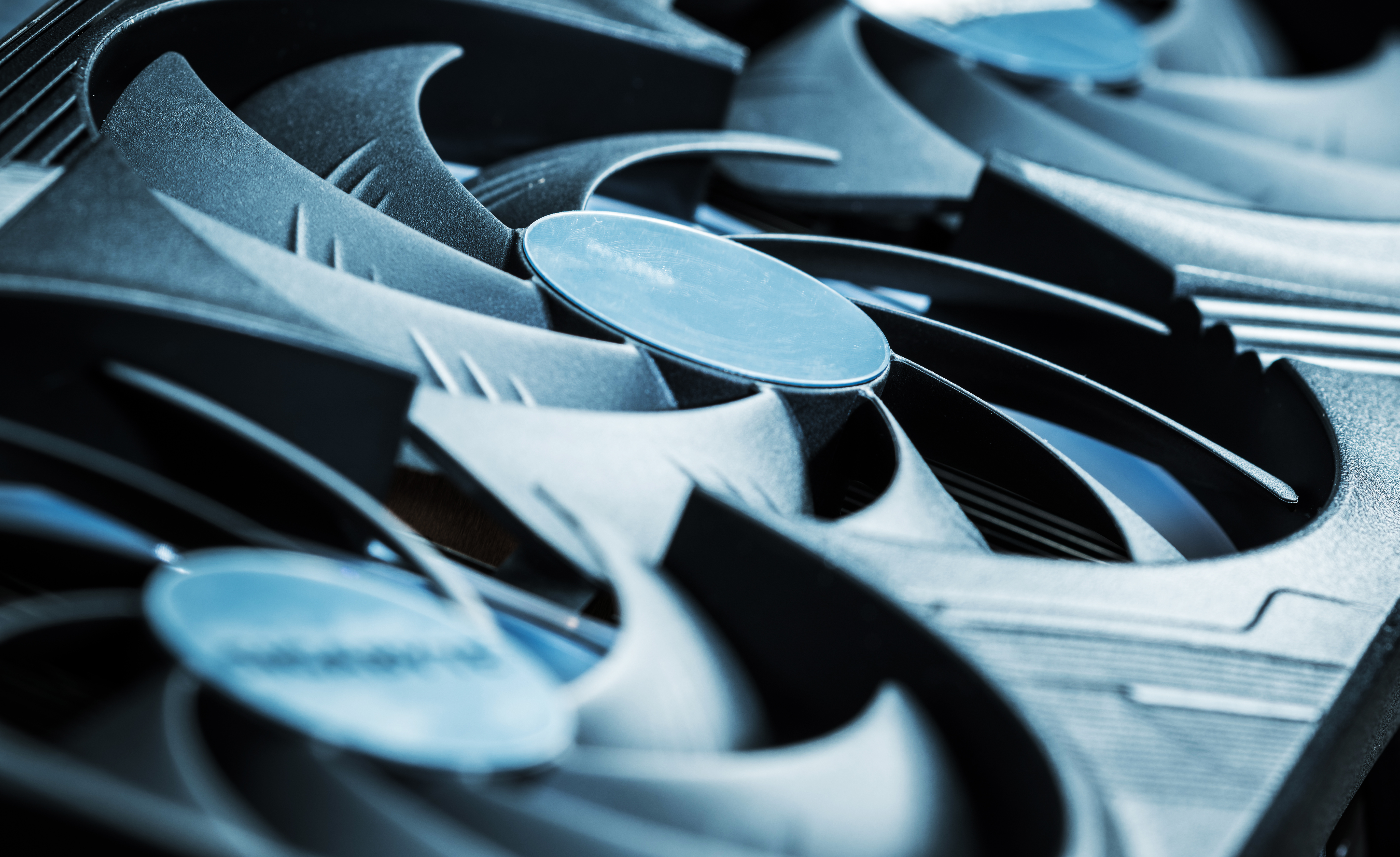
Gaming can put a significant strain on your PC, causing components to heat up quickly. Effective cooling systems are essential to maintain optimal performance and prolong the lifespan of your hardware. Look for PCs with efficient air or liquid cooling solutions that can dissipate heat effectively. Proper cooling prevents thermal throttling, where components slow down to avoid overheating, which can lead to performance drops during intense gaming sessions. Additionally, consider the case design and airflow, as these can impact cooling efficiency. A well-cooled system ensures your PC remains stable and performs at its best, even during marathon gaming sessions.
7. Future-Proofing: Planning for Tomorrow

Investing in a gaming-ready PC is not just about meeting today’s requirements but also about anticipating future needs. Consider the potential for upgrades when choosing your system. Look for PCs with extra RAM slots, additional storage bays, and compatible motherboard chipsets that support future CPU or GPU upgrades. This forward-thinking approach ensures your PC remains relevant and capable of handling new game releases and technological advancements. By prioritizing upgradeability, you can extend the lifespan of your gaming rig and avoid the need for a complete overhaul in the near future.
The Perfect Gaming-Ready PC

Finding a gaming-ready PC doesn’t have to feel like decoding a tech manual. By zeroing in on seven essential clues—graphics card, CPU, RAM, storage type, display resolution and refresh rate, cooling system, and future-proofing—you can quickly separate the contenders from the pretenders. Each of these components is a puzzle piece in the bigger picture of smooth, immersive gameplay. Whether it’s delivering silky frame rates, cutting load times, or keeping temperatures in check during marathon sessions, these specs are what truly matter. Armed with a basic understanding of how they work together, you can confidently cut through marketing noise and focus on what delivers real performance. The best part? You don’t need to be a tech expert to make a smart choice—you just need to know what to look for. With the right machine, your next great gaming adventure is just a power button away.

